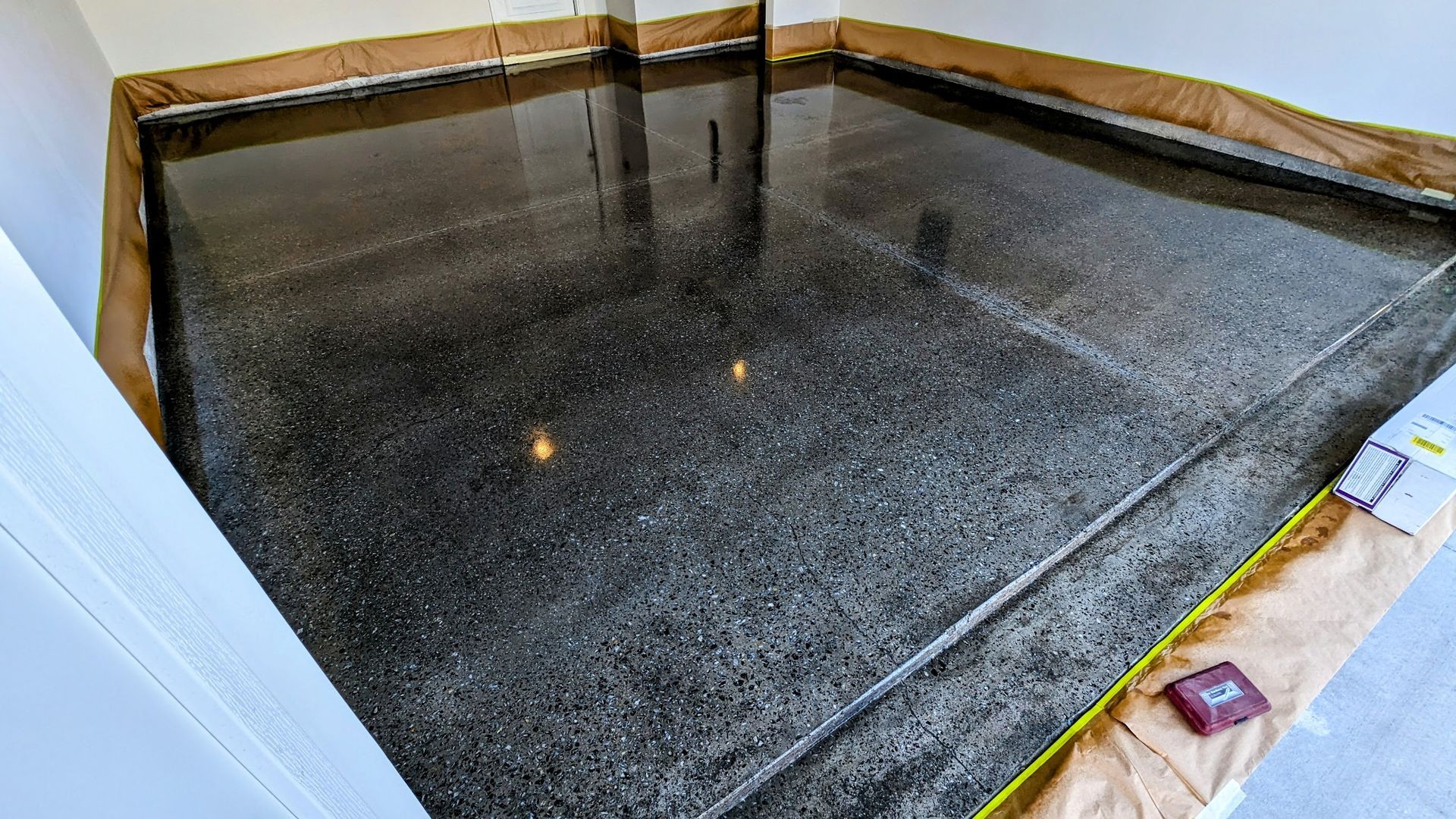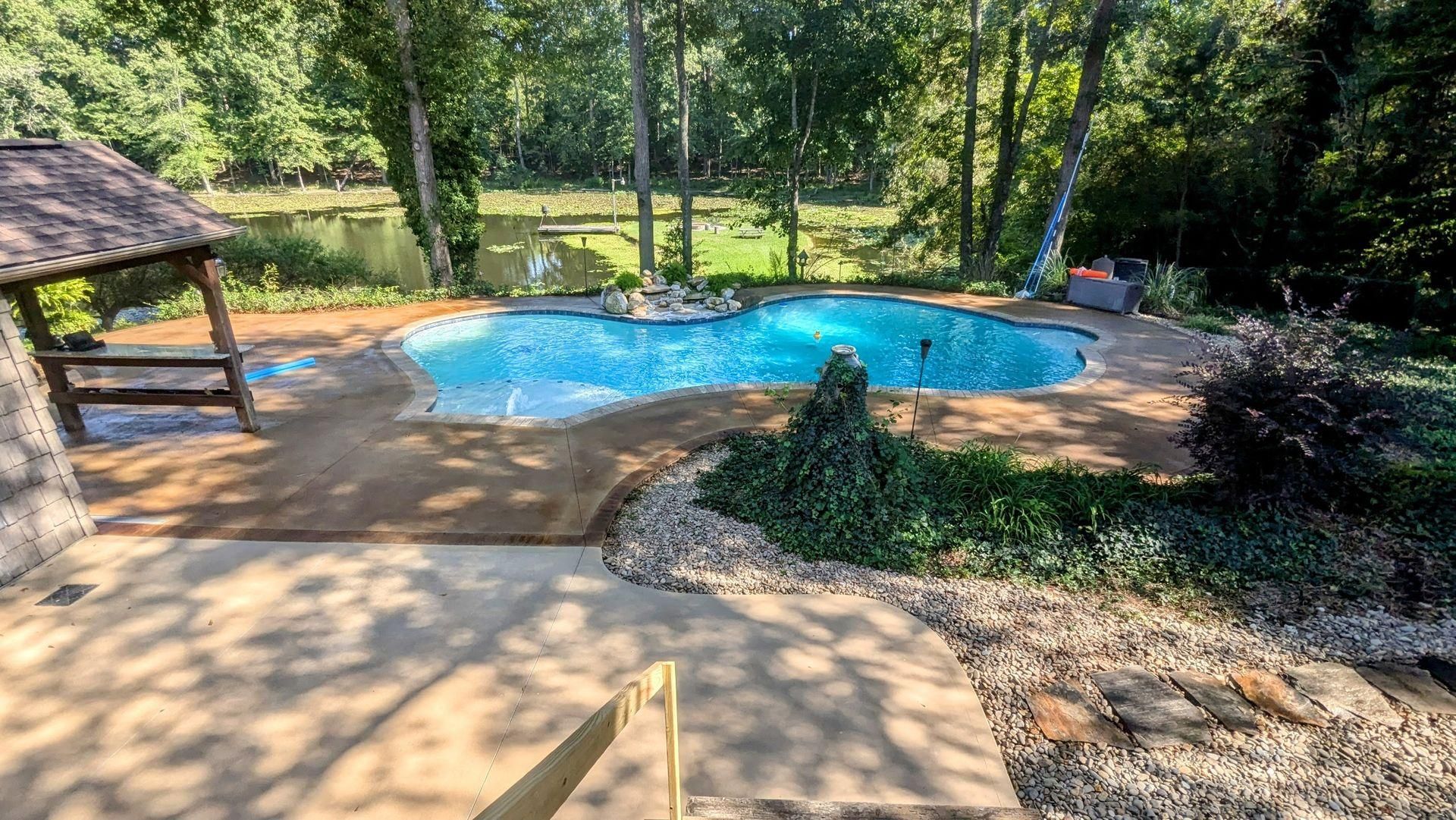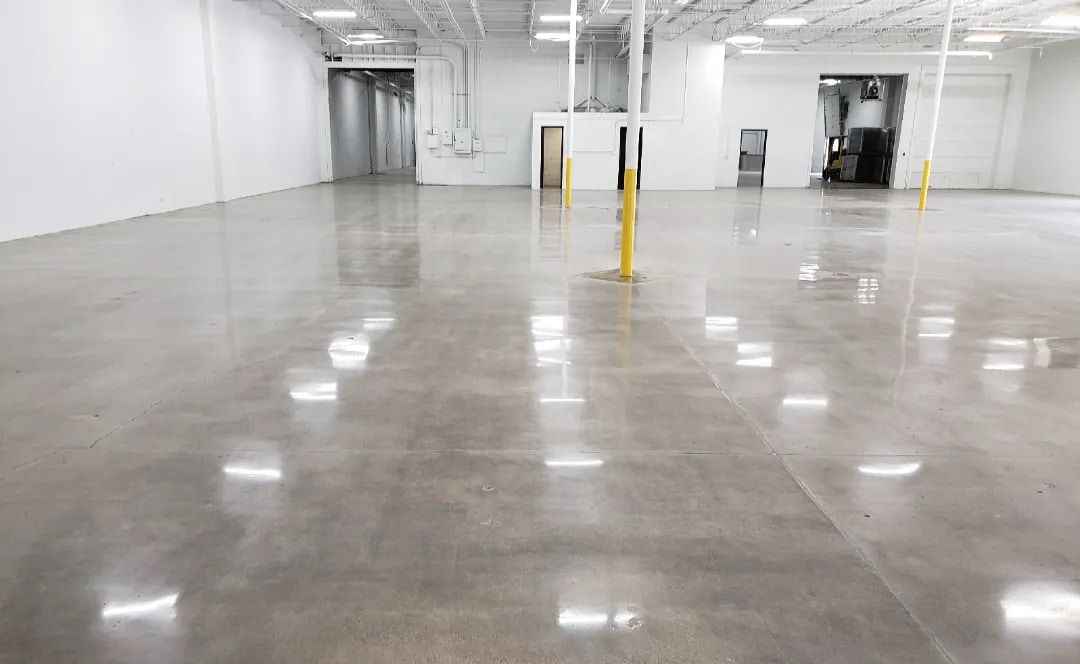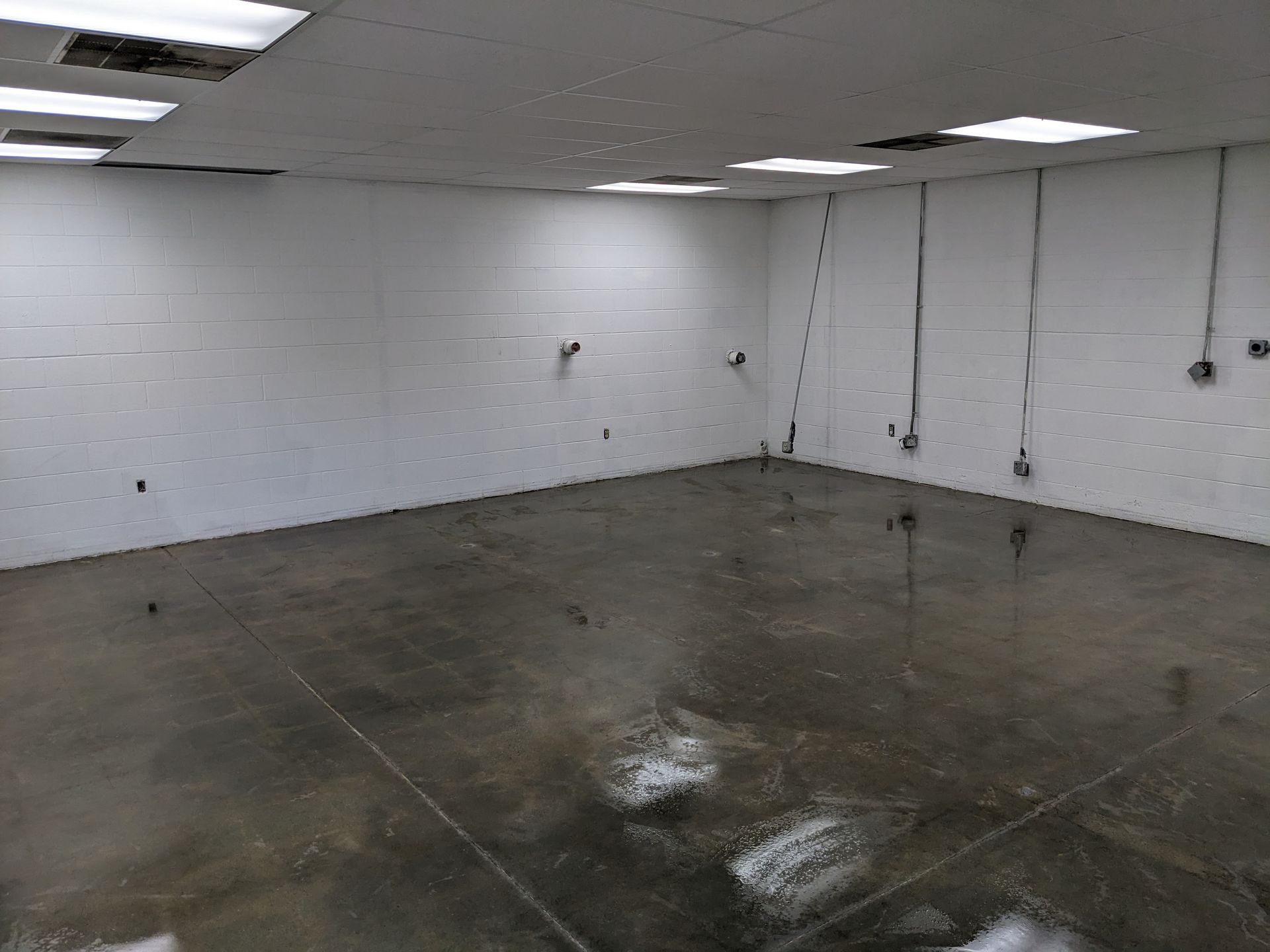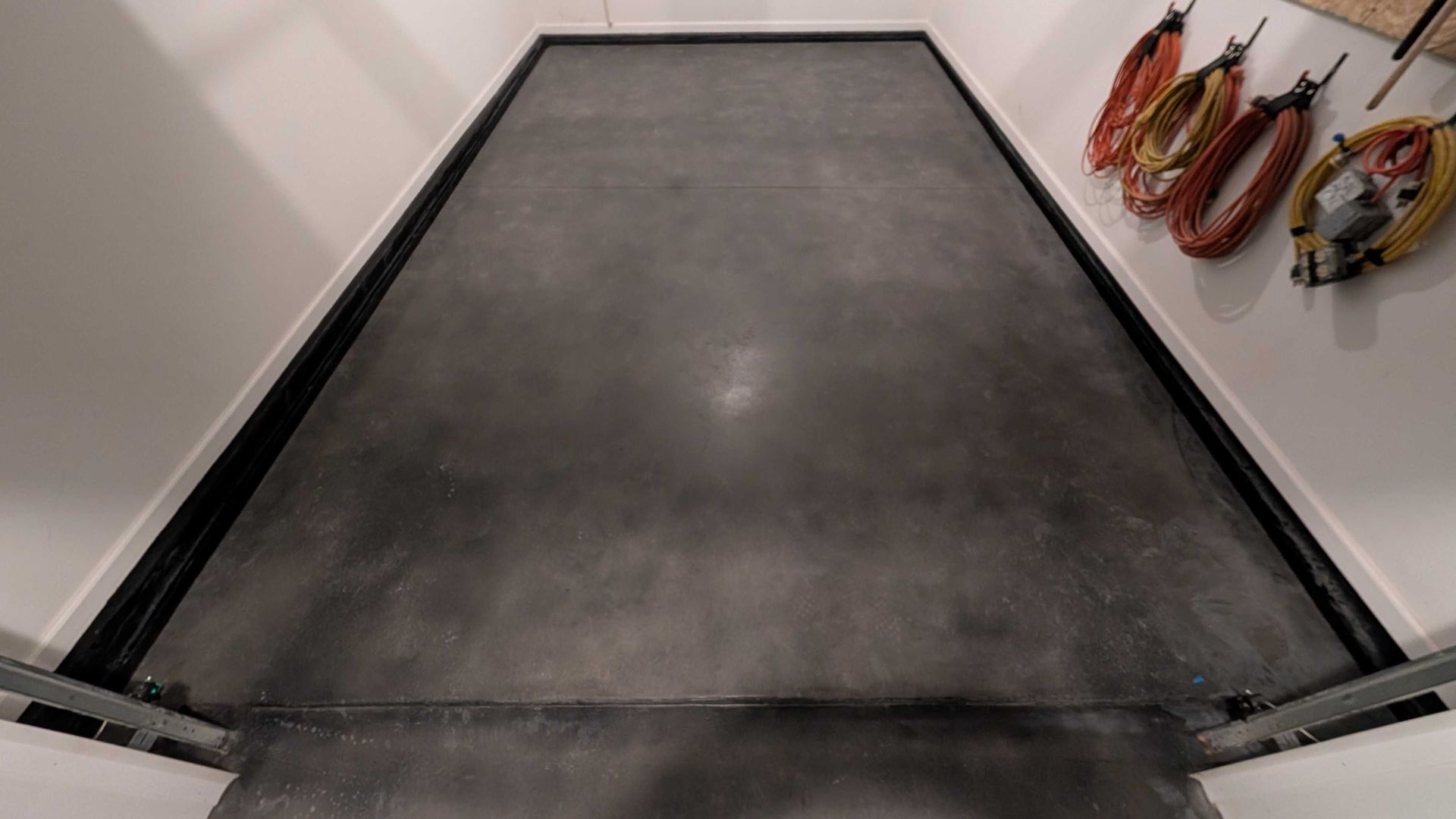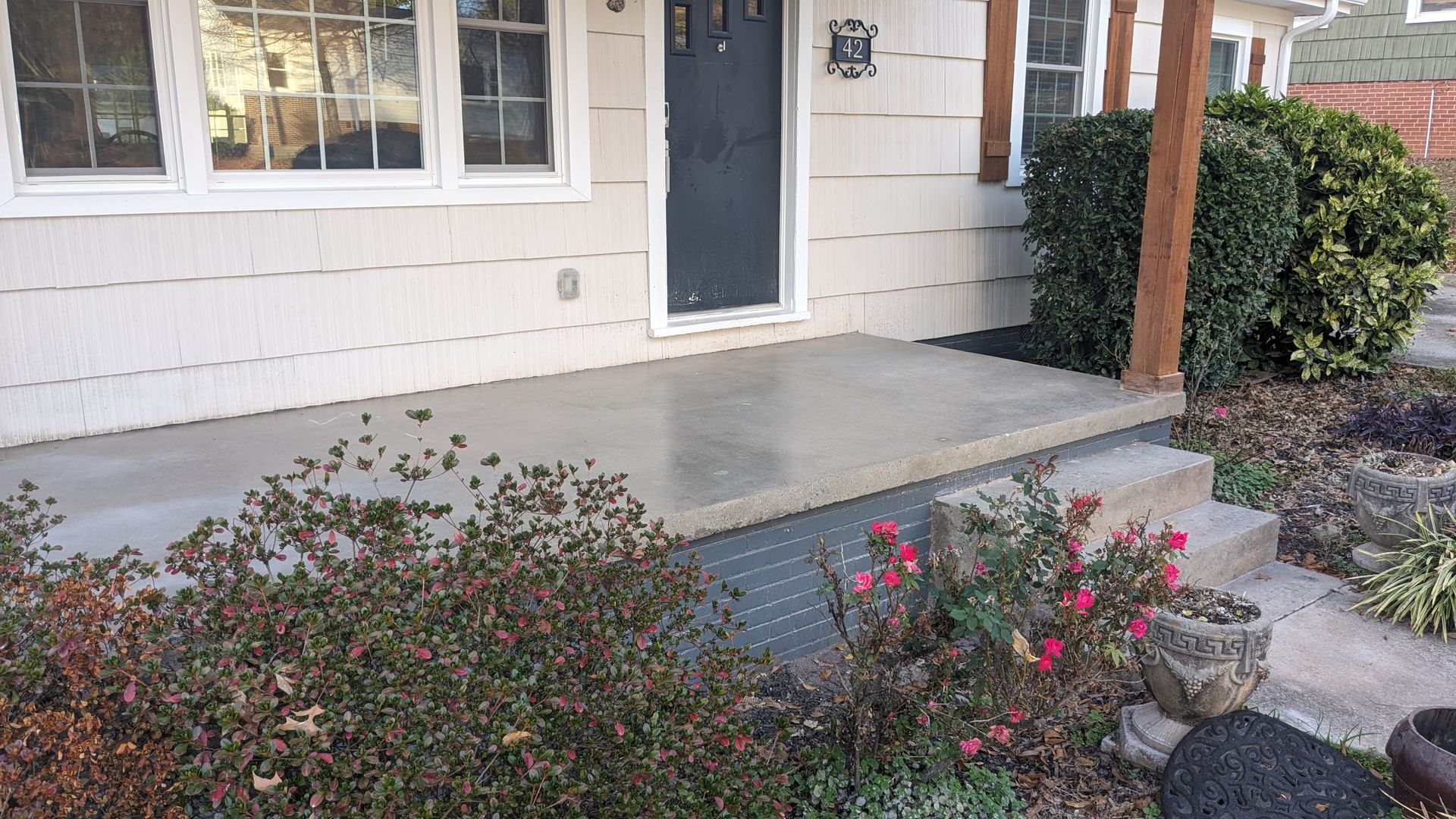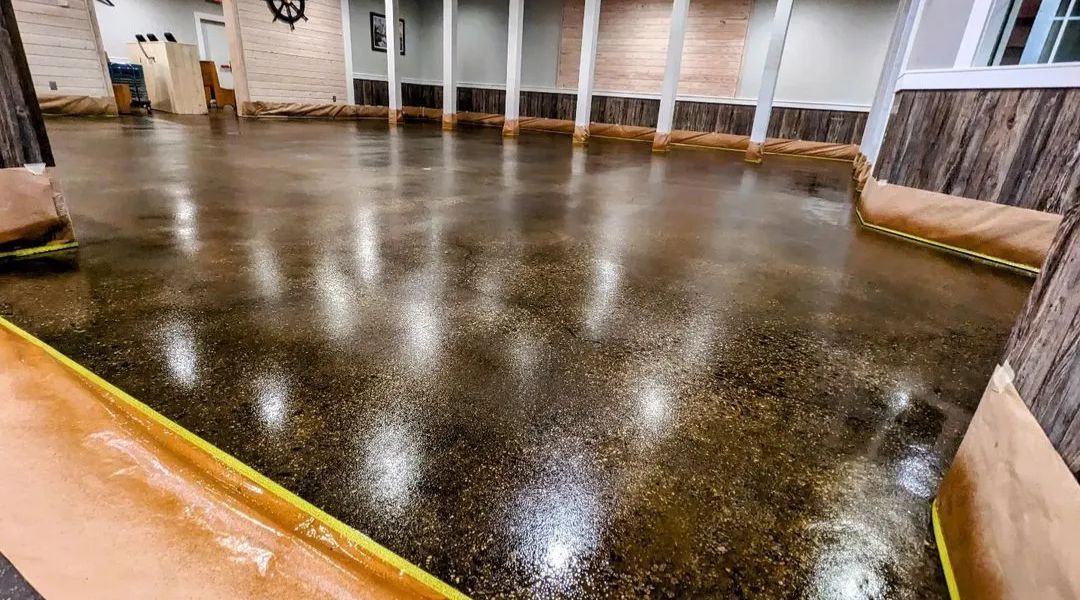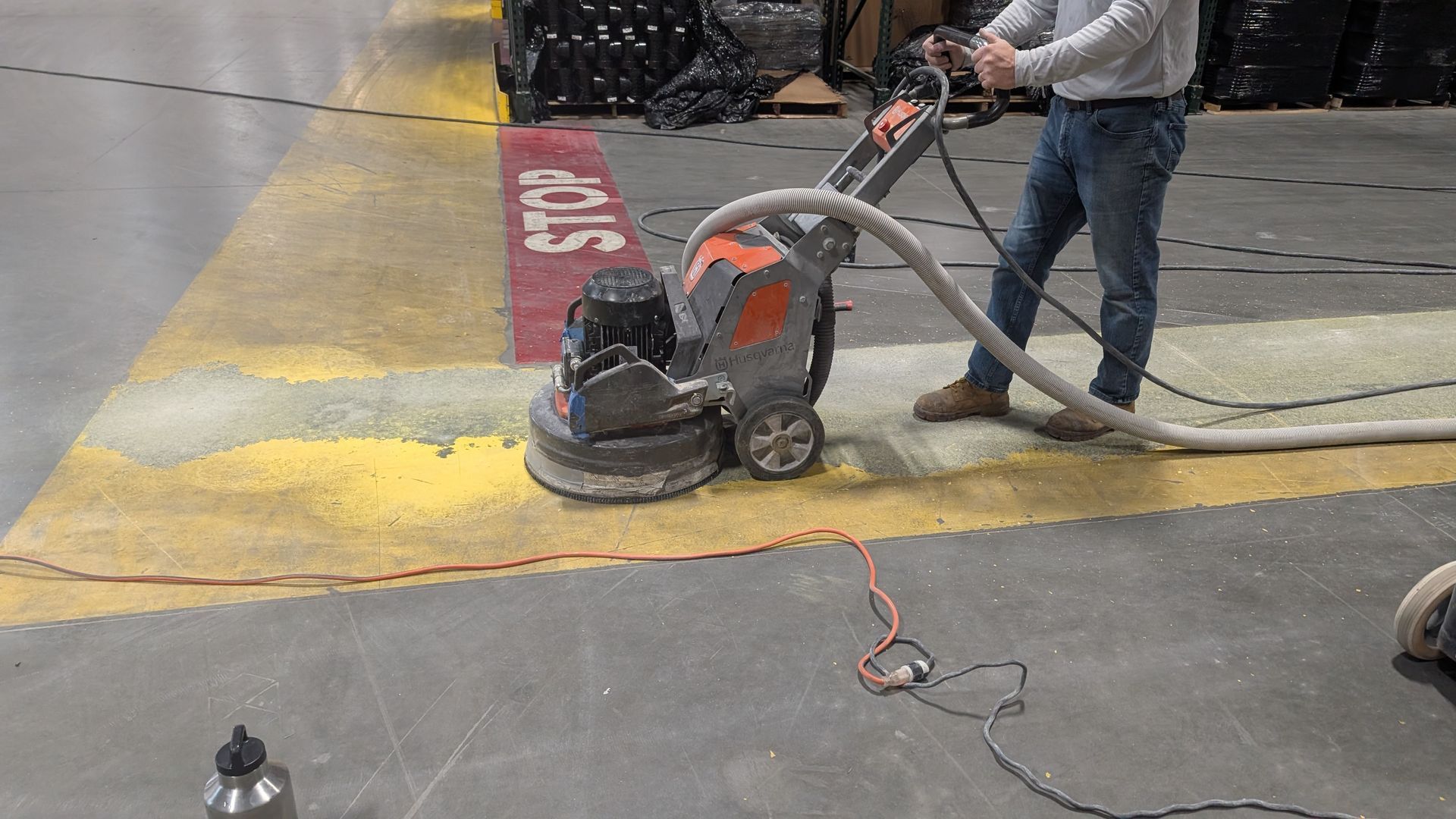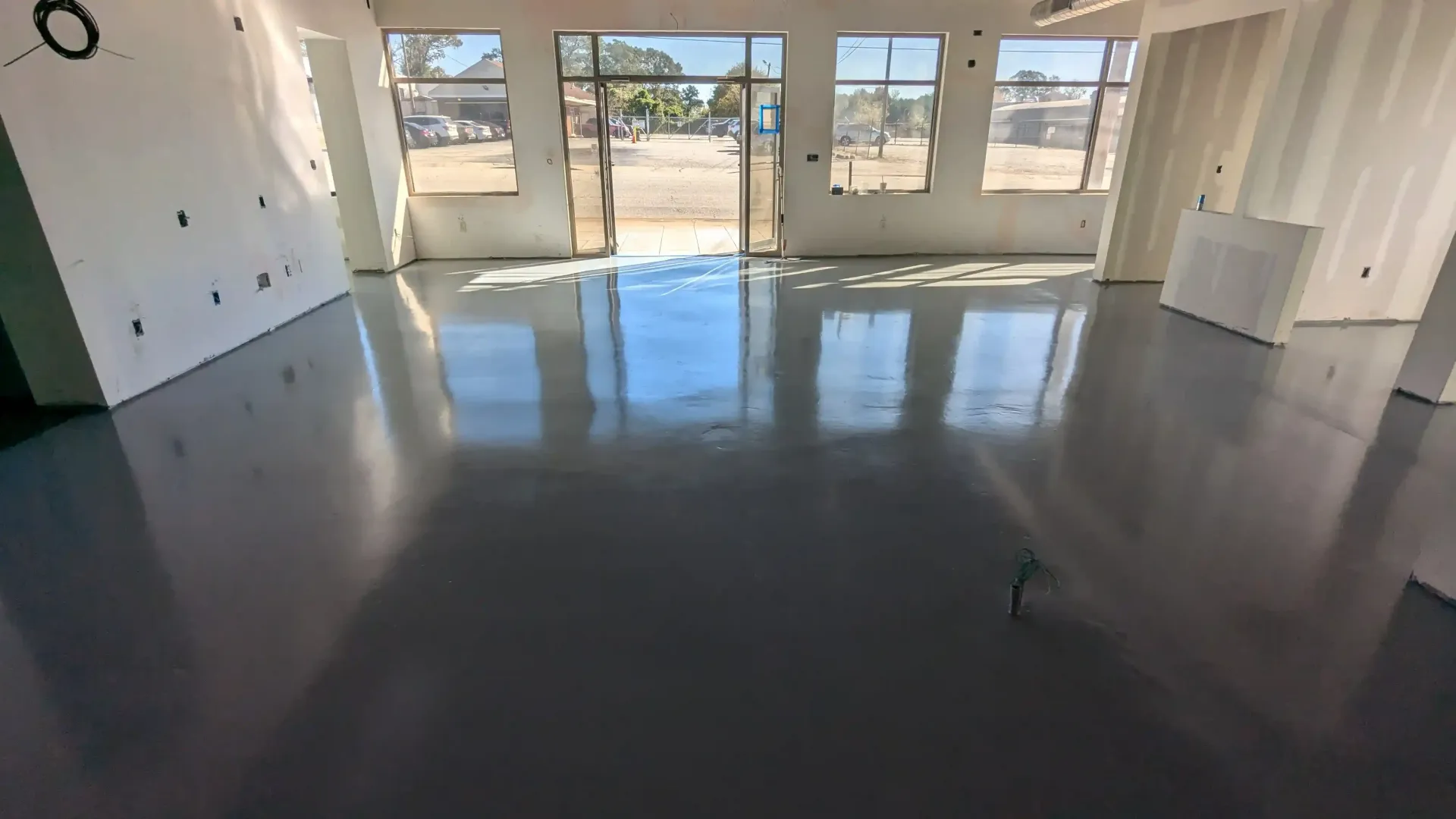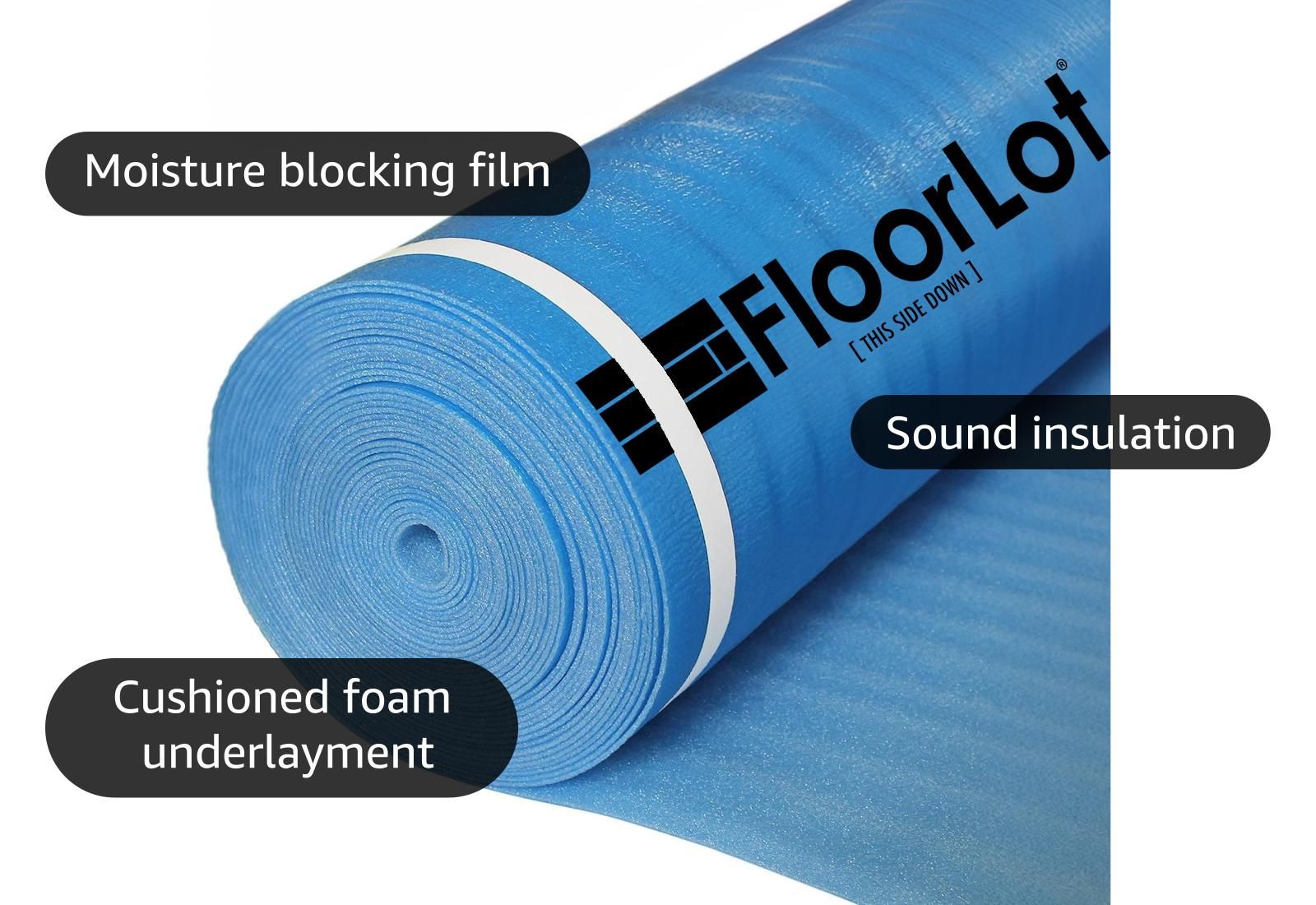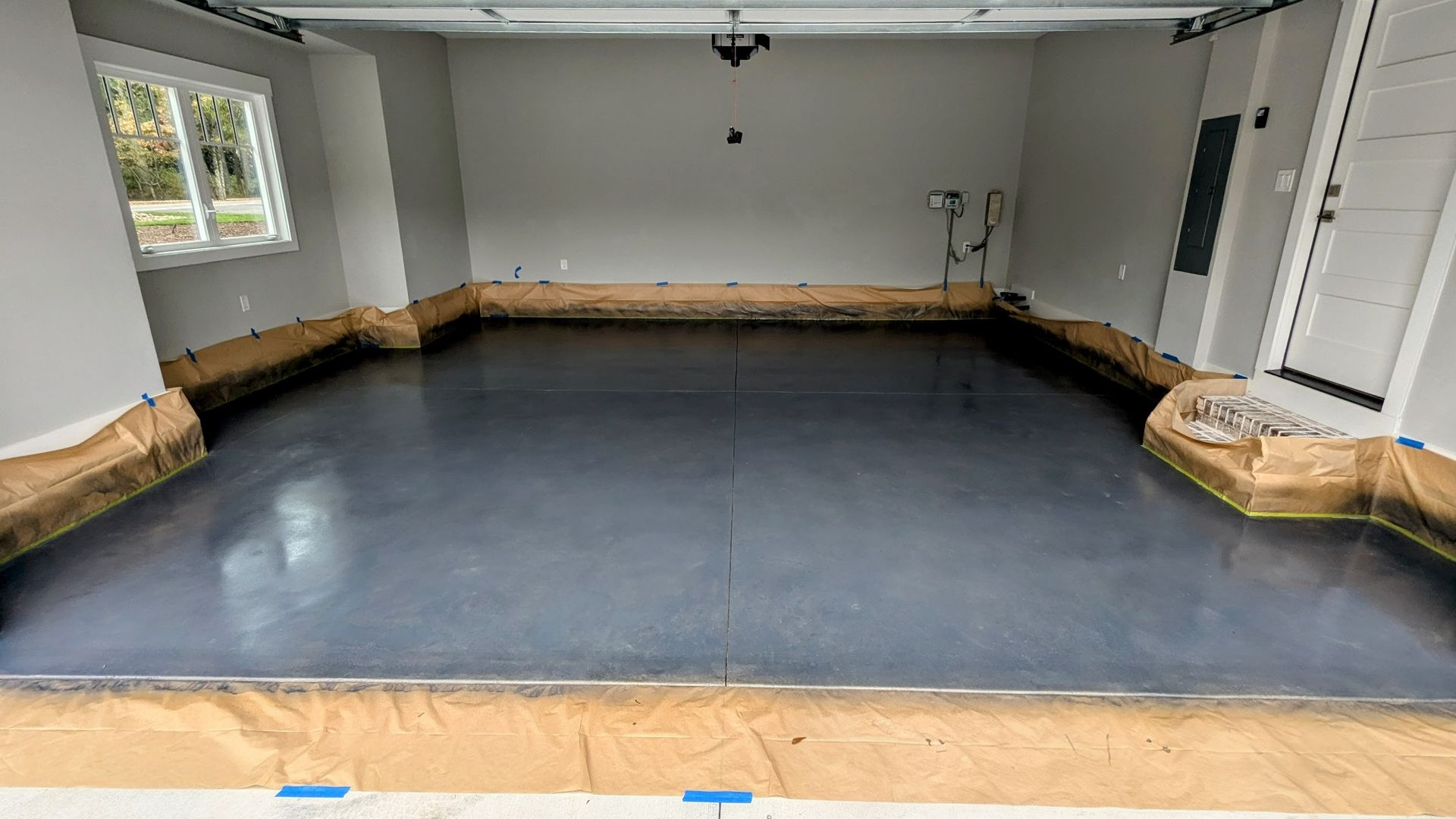The Ultimate Guide to Choosing the Best Concrete Sealer
Choosing the right concrete sealer is key to keeping your surfaces strong and protected from water damage, stains, and wear. This guide will explain the types of concrete sealers, their uses, and application tips so you can get the most out of your investment in decorative concrete or other concrete surfaces like driveways, patios, and basements.
What Are Concrete Sealers?
A concrete sealer is a liquid coating applied to concrete slabs, pavers, brick, and more to create a protective layer or soak into the surface for long-lasting defense. Sealers protect against water, oil, salt, and even heat while enhancing the surface’s color, gloss, and durability. Whether you’re sealing a sidewalk, countertop, or garage floor, the right sealer prevents issues like mildew, efflorescence, and delamination.
Understanding Different Types of Concrete Sealers
1. Penetrating Sealers: Built for Long-Lasting Protection
Penetrating sealers, like silicate, silane, and siloxane, soak into the concrete, forming a protective layer beneath the surface. These sealers are perfect for high-traffic areas, sidewalks, stamped concrete, and patios, where abrasion and waterproofing are priorities. They maintain the surface's natural look and work well in areas prone to rain, snow, and deicing chemicals.
| Type | Pros | Cons | Best For |
|---|---|---|---|
| Silicate-Based | Strengthens concrete, resists wear | Doesn’t repel water | Indoor spaces, basements |
| Silane Sealers | Great for waterproofing porous surfaces | Less effective on smooth finishes | Sidewalks, driveways |
| Siloxane-Based | Protects against water damage, lasts long | Can alter surface appearance | Outdoor areas, pavers |
| Siliconate-Based | Combines water repellence and durability | May leave slight residue | Driveways, patios |
2. Acrylic Sealers: A Balance of Looks and Performance
Acrylic sealers form a thin layer on the surface, enhancing decorative concrete, stamped cement, or sealed concrete patios. Available in water-based and solvent-based formulas, they offer versatility for various surfaces like pools, walkways, and textured concrete sealer applications.
| Type | Pros | Cons | Best For |
|---|---|---|---|
| Water-Based Acrylic | Low odor, eco-friendly, dries fast | Less durable in heavy traffic | Indoor decorative concrete |
| Solvent-Based Acrylic | Rich gloss, resistant to UV damage | Strong odor, harder cleanup | Outdoor patios, decks |
3. Polyurethane Sealers: Best for High-Traffic Zones
Polyurethane sealers offer superior resistance to abrasion, oil, and chemicals, making them ideal for garages, driveways, and commercial spaces. Their thick layer protects against grease, stains, and even tire marks from heavy use.
| Type | Pros | Cons | Best For |
|---|---|---|---|
| Polyurethane Sealers | Durable, resists wear and tear | More expensive, longer curing | Garages, commercial floors |
4. Epoxy Sealers: Ideal for Industrial and High-Traffic Areas
Epoxy sealers are heavy-duty and provide excellent protection against chemicals, moisture, and stains. They’re commonly used for garage floors, warehouses, and kitchen countertops needing a tough, glossy finish.
| Type | Pros | Cons | Best For |
|---|---|---|---|
| Epoxy Sealers | Highly durable, chemical-resistant | Can yellow in UV light, slippery | Industrial spaces, pedestrian floors |
Factors to Consider When Choosing a Concrete Sealer
Think About the Environment
Your location matters. If it rains a lot or gets snowy, choose a sealer that handles moisture well. For outdoor concrete, check if it protects against UV rays.
Know How You’ll Use It
For garages and driveways, pick a durable sealer that can handle wear and spills. For patios or countertops, focus more on how it looks.
Decide on the Look
Sealers come in matte and glossy finishes. Glossy ones make colors pop, while matte options keep a natural vibe. Some may darken the surface, so choose what fits your style.
Application and Maintenance Tips for Concrete Sealers
Prepping Your Surface
Before sealing, clean the area well. Remove grease, dirt, and old coatings. Fill cracks for a smooth finish. Make sure the surface is dry—too much moisture can ruin the application.
Applying the Sealer
- Clean Thoroughly: Get rid of all dust and debris.
- Fix Any Issues: Fill cracks or chips.
- Check Moisture Levels: Ensure the concrete is dry.
- Apply the Sealer: Use a roller or sprayer. Follow product instructions.
- Let It Dry: Wait before using the area to ensure it cures properly.
Keeping It Fresh
Clean sealed concrete with mild soap. Avoid harsh chemicals. Reseal high-traffic areas every couple of years to keep them protected.
Wrapping It Up
Choosing the right concrete sealer is essential to protecting your investment and enhancing the beauty of your concrete surfaces. Whether you're looking to seal a driveway, patio, garage floor, or decorative concrete project, the right sealer can make a big difference in durability and appearance. From water-based acrylics for indoor projects to siloxane sealers for outdoor spaces, there’s a solution for every need.
At
Zachary Daniel Concrete, we specialize in helping homeowners and businesses in Greenville, SC, and the surrounding areas choose and apply the best sealers for their projects. Whether you need help with polished concrete, epoxy finishes, or stamped concrete, our team is here to ensure your surfaces look great and stand the test of time.
